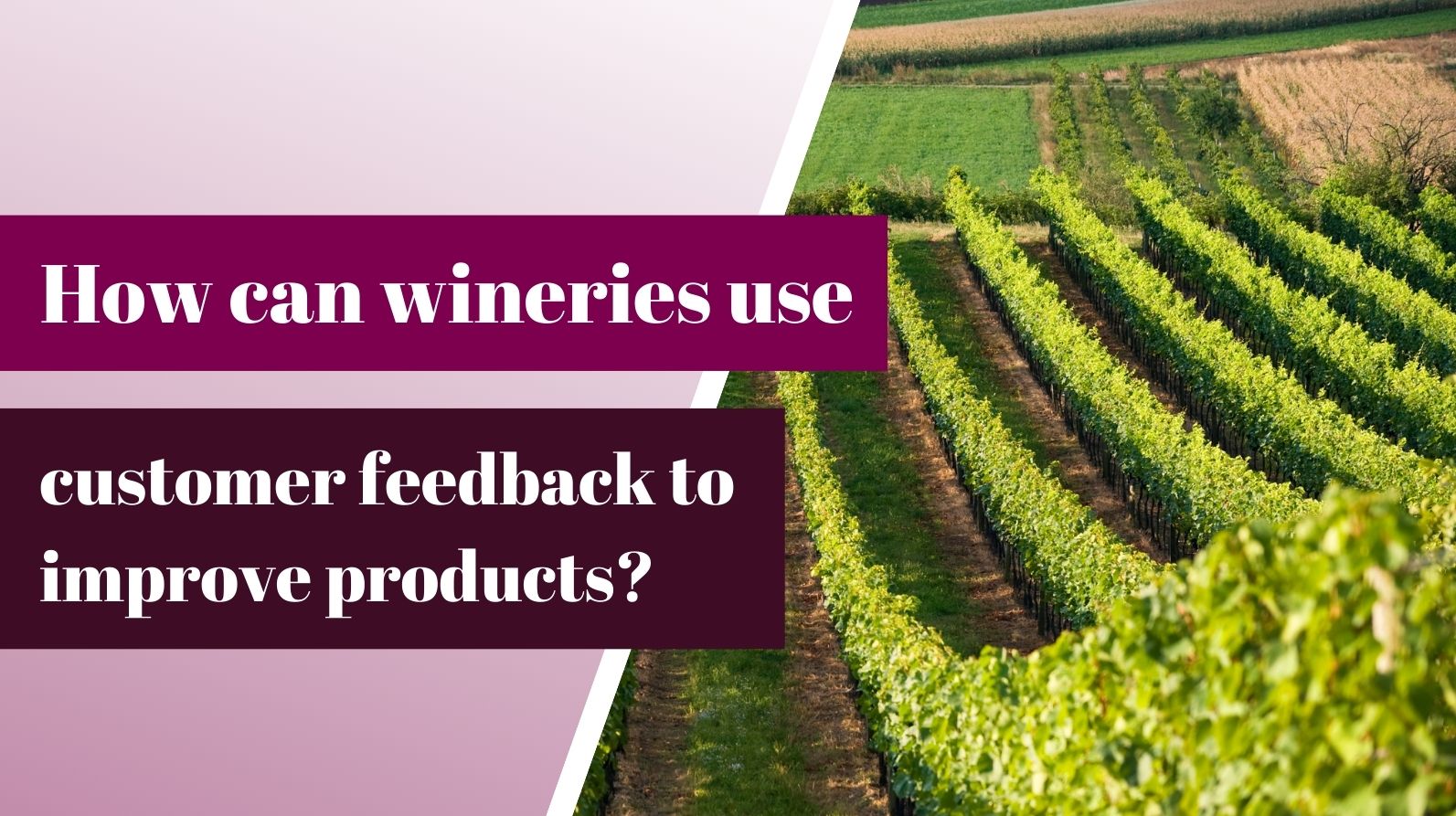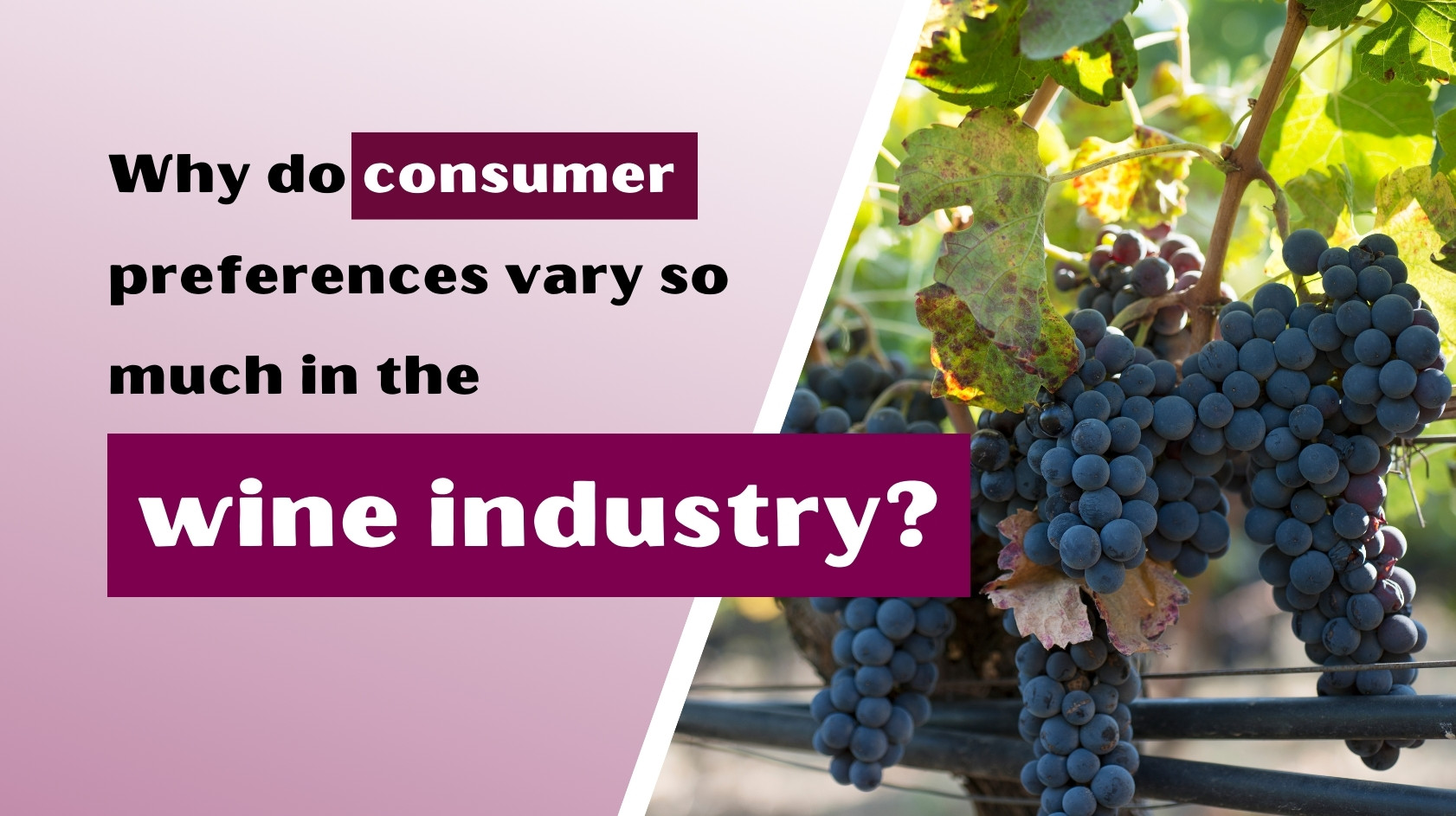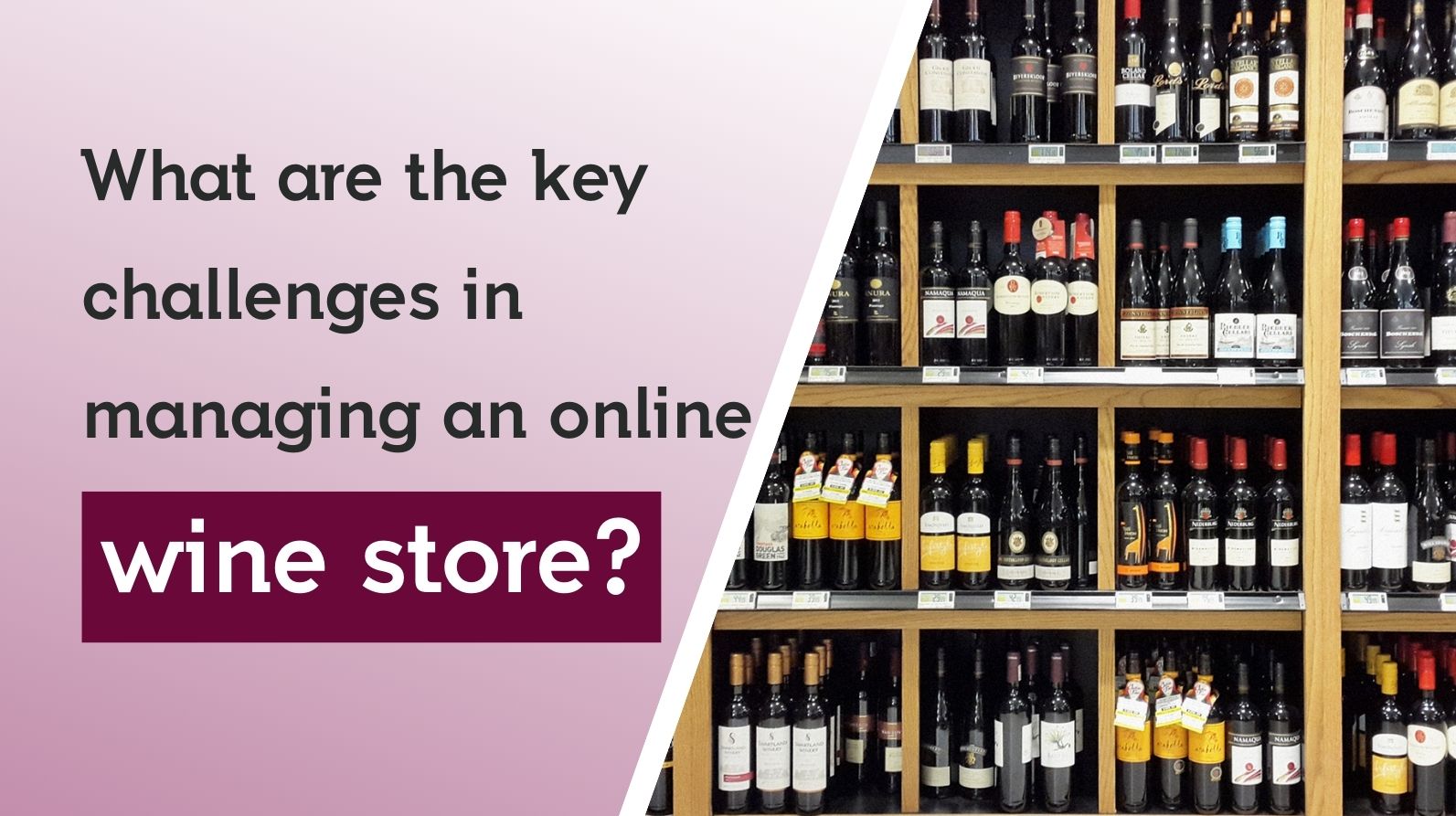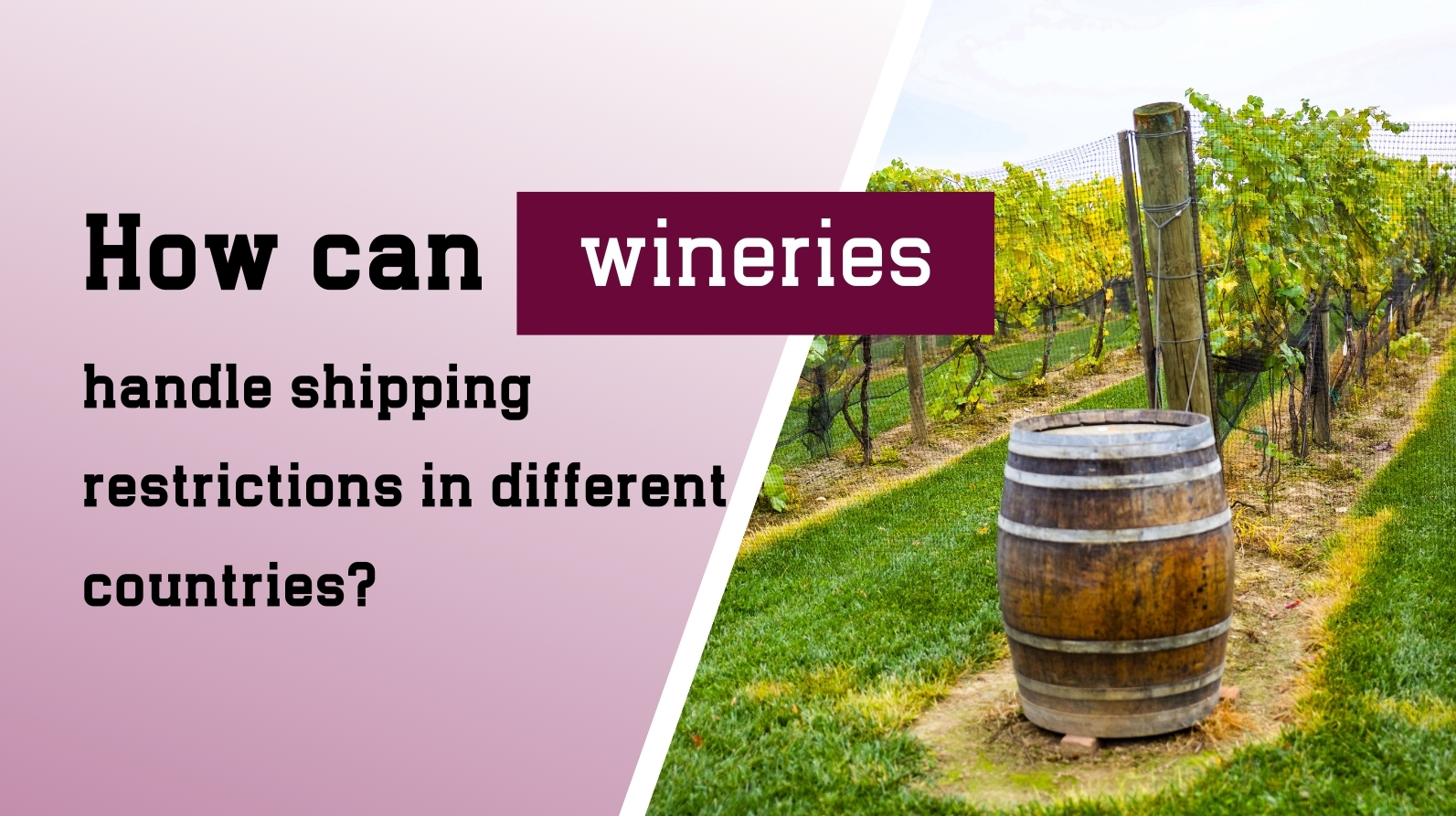The Legal Complexities of Selling Wine Online

Introduction: The Legal Complexities of Selling Wine Online
The wine industry has changed a lot in recent years, with more people buying wine online for convenience. However, selling wine online is not as simple as selling other products. It involves strict legal requirements, complex shipping laws, and various tax rules.
To succeed in this market, businesses must understand and follow the legal regulations. This guide explains the key legal challenges of selling wine online and how businesses can overcome them.
1. Licensing and Permits
Why Do You Need a License to Sell Wine Online?
Selling alcohol, including wine, requires special permits and licenses. The rules change depending on the country, state, or region. Without the right licenses, businesses can face heavy fines or even be forced to stop operations.
Common Licenses Required for Online Wine Sales
Retailer’s License: Needed to sell wine directly to customers.
Wholesaler’s License: Required if selling to other businesses.
Direct-to-Consumer (DTC) Shipping License: Needed to ship wine across states or countries.
How to Get the Right Licenses
Research the legal requirements for each region you plan to sell in.
Apply for licenses through local alcohol control boards.
Consult a legal expert to ensure compliance.
2. Different Laws for Each State and Country
How Wine Laws Vary by Location
Every state and country has different laws about selling and shipping wine. In the United States, for example:
Some states allow direct-to-consumer (DTC) wine sales, while others do not.
Some states have limits on how much wine one customer can buy at a time.
Some states require businesses to work with local distributors instead of selling directly.
For international sales, things can be even more complicated. Many countries have high import taxes on alcohol, and some require special permits to sell wine across borders.
How to Handle These Legal Differences
Use compliance software to track changing laws.
Work with shipping companies that specialise in alcohol sales.
Check the import/export laws before selling in a new country.
3. Age Verification and Legal Drinking Age
Why Age Verification is Important
Since wine is an alcoholic product, online businesses must ensure that buyers are of legal drinking age. In most countries, the legal drinking age is 18 or 21.
How to Verify a Customer’s Age
Use age verification software at checkout.
Require customers to enter their date of birth before purchasing.
Ensure shipping carriers check IDs upon delivery.
Consequences of Not Following Age Laws
If businesses fail to verify customer ages, they could face:
Fines and legal penalties.
Lawsuits from customers or government agencies.
The reputational damage could hurt sales.
Some businesses invest in AI-driven identity verification tools to ensure compliance and prevent fraud.
4. Taxes and Compliance
Types of Taxes on Online Wine Sales
Selling wine online means dealing with various taxes, which depend on where the customer is located. Some common taxes include:
Excise taxes: Special taxes on alcohol sales.
Sales tax: – Applied based on the customer’s state or country.
Value-Added Tax (VAT): common in European countries.
How to Stay Tax Compliant
Register for sales tax collection in each region where you sell.
Use automated tax software to calculate and collect the correct amount.
Work with a tax professional to handle complex tax laws.
5. Shipping Restrictions and Regulations
Why Shipping Wine is Complicated
Unlike regular products, wine cannot be shipped freely across all locations. Some states and countries restrict or ban alcohol shipments, while others require special documentation.
Common Shipping Challenges
Some states prohibit out-of-state wine shipments.
Some countries have strict alcohol import laws.
Shipping carriers like FedEx and UPS have specific rules for alcohol deliveries.
Wine shipments must be labelled properly and require an adult signature upon delivery.
How to Ship Wine Legally
Use approved alcohol shipping services.
Ensure packages are securely packed and labelled correctly.
Work with shipping experts who understand alcohol regulations.
6. Advertising and Marketing Restrictions
Why Advertising Wine Online is Difficult
Many platforms and countries have strict rules about how alcohol can be marketed. Businesses must follow guidelines to avoid fines or bans on their ads.
Key Restrictions on Wine Marketing
No marketing to minors: ads cannot target people under the legal drinking age.
Social media limitations: Some platforms restrict alcohol promotions.
Health and safety warnings: Some countries require warning labels in ads.
How to Market Wine Legally Online
Follow advertising rules on platforms like Facebook, Google, and Instagram.
Use age-gated ads that only show to legal-age users.
Include health disclaimers where required.
7. Consumer Data Privacy and Security
Why Data Protection Matters for Online Wine Businesses
When selling wine online, businesses collect personal information like age, address, and payment details. This data must be protected to prevent fraud and comply with privacy laws.
Major Data Privacy Laws Affecting Online Wine Sales
General Data Protection Regulation (GDPR): Covers data protection in the European Union.
California Consumer Privacy Act (CCPA): Protects California residents' online privacy rights.
PCI Compliance: Ensures secure online transactions and prevents fraud.
How to Keep Customer Data Safe
Use secure payment processing to protect credit card information.
Follow data protection laws in every region where you sell.
Offer clear privacy policies on your website.
How to Overcome These Legal Challenges
To successfully sell wine online while following the law, businesses should:
Research local laws. Understand the rules for each state or country before selling.
Obtain the Right Licenses: Apply for all necessary permits and registrations.
Use reliable age verification tools. Ensure all buyers meet the legal drinking age.
Work with professional shipping providers: Choose experts who know how to handle alcohol shipments.
Hire Tax and Legal Experts: Stay compliant with tax and business laws.
Follow Responsible Advertising Rules: Avoid marketing to minors and comply with platform guidelines.
By taking these steps, businesses can navigate legal obstacles and build a successful online wine store.










